Exploring the Advantages of Flow Jet Water Pumps: A Comprehensive Guide for Homeowners
When it comes to ensuring a reliable water supply for your home, selecting the right pump is crucial. Among the various options available, the flow jet water pump stands out for its efficiency and versatility. This guide aims to delve into the numerous advantages of flow jet water pumps, making it an invaluable resource for homeowners seeking to enhance their water management systems.
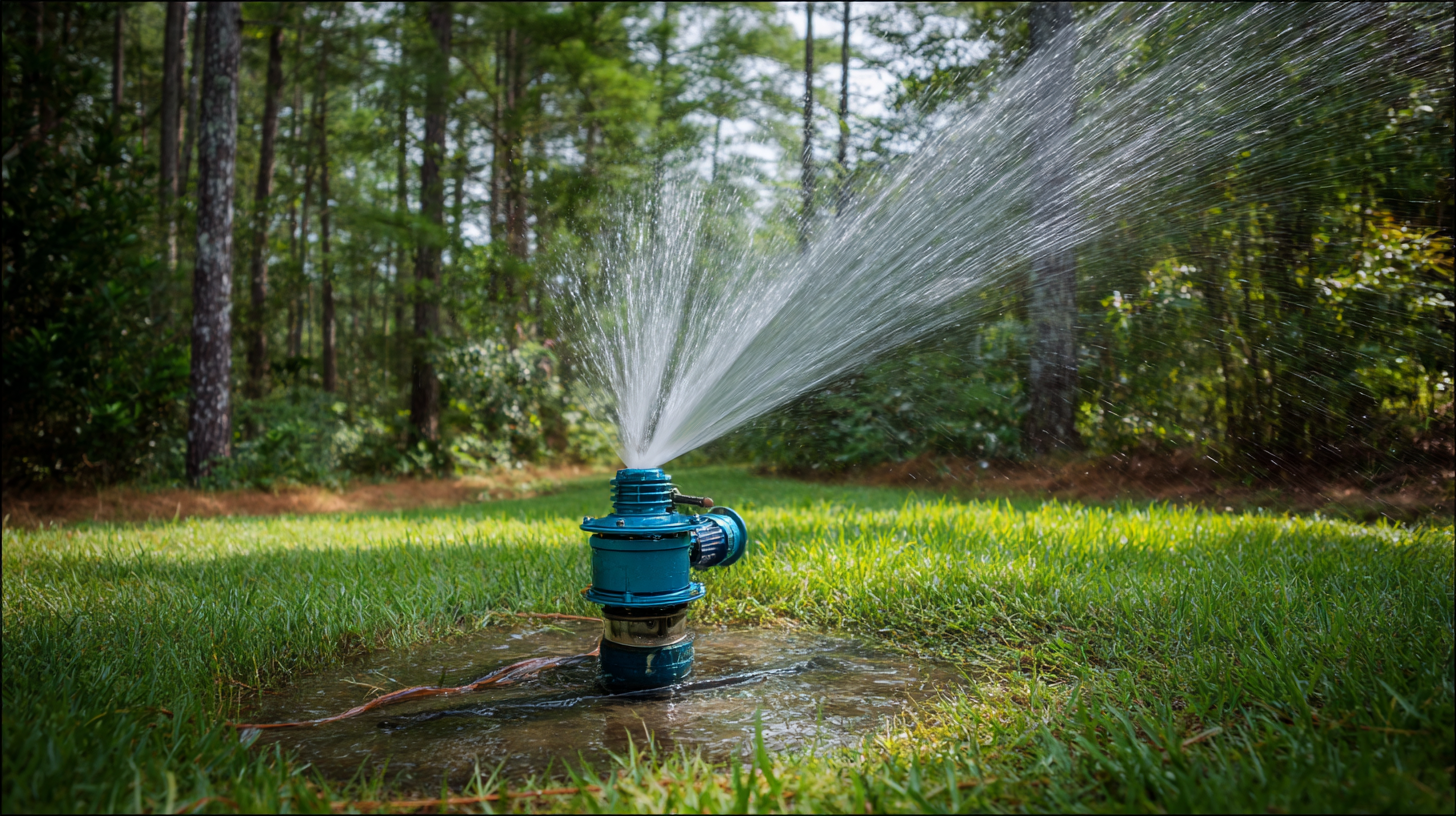
From boosting water pressure in gardens and homes to providing an effective solution for irrigation and general water needs, flow jet water pumps offer unparalleled performance and durability. Understanding the key features, benefits, and applications of these pumps will empower homeowners to make informed decisions and invest in technology that delivers optimal results for their water supply challenges.
Join us as we explore the essential aspects of flow jet water pumps and discover how they can transform your home’s water management.
Understanding the Basics of Flow Jet Water Pumps for Home Use
Flow jet water pumps are increasingly popular among homeowners due to their efficiency and versatility. These pumps operate by using a combination of centrifugal force and jet technology to move water. Understanding how they work is essential for homeowners considering installation. A flow jet water pump typically consists of a motor-driven impeller that pressurizes water, which is then forced through a nozzle and into a jet stream. This design not only increases water velocity but also improves the pump's ability to draw water from greater depths.
One of the key advantages of flow jet water pumps is their ability to deliver high pressure and flow rates, making them ideal for a variety of household applications such as irrigation, boosting water pressure in homes, and supplying water to sprinklers or fountains. Additionally, their compact size and ease of installation appeal to many homeowners, allowing them to take on DIY projects without professional assistance. By understanding the fundamentals of flow jet water pumps, homeowners can make informed decisions about their water supply needs and the most suitable pump for their specific requirements.
Advantages of Flow Jet Water Pumps for Homeowners
Key Advantages of Using Flow Jet Water Pumps in Residential Applications
Flow jet water pumps have garnered attention in residential applications for their efficiency and reliability. One key advantage is their ability to provide consistent water pressure, which is crucial for households with multiple bathrooms or high water demand. According to a study by the American Society of Plumbing Engineers, households using flow jet pumps reported an increased water flow rate of up to 30% compared to traditional jet pumps, making them ideal for watering gardens and filling pools efficiently.
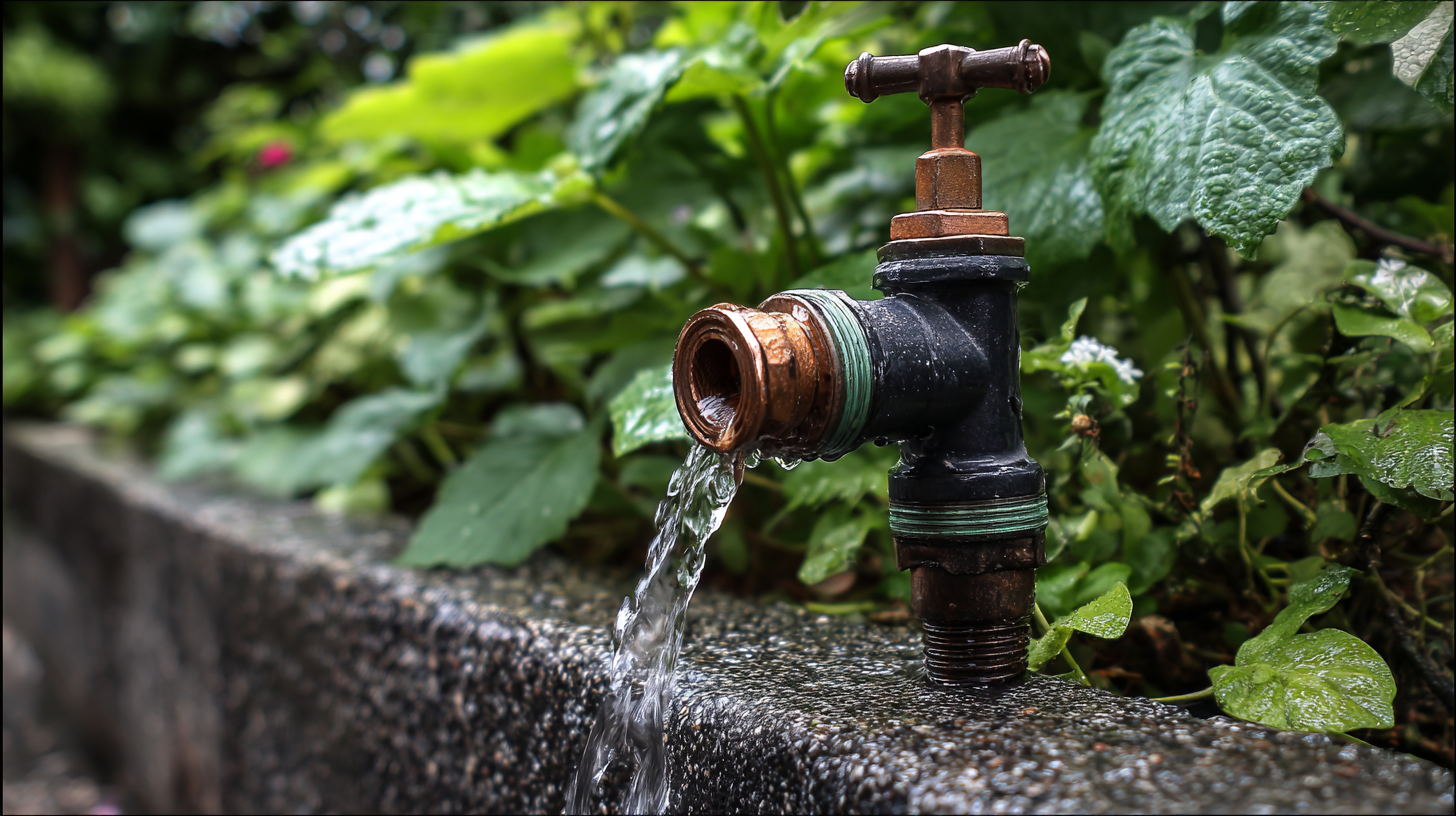
Additionally, flow jet pumps are designed for ease of installation and maintenance. With compact designs, they can save valuable space while being energy-efficient, reducing electricity bills by as much as 15%, as highlighted in the latest energy consumption report by the Energy Information Administration. The combination of reduced operational costs and improved performance makes flow jet water pumps a smart investment for homeowners seeking reliability and efficiency in their water supply systems.
How to Choose the Right Flow Jet Water Pump for Your Needs
When selecting the right flow jet water pump for your needs, it's crucial to consider several factors, including water volume requirements, pressure levels, and the specific application for which you intend to use the pump. According to a recent industry report, the demand for residential water pumps has been consistently rising, projected to grow at a compound annual growth rate (CAGR) of 5.3% through 2027. This trend underscores the necessity for homeowners to understand the capabilities and types of flow jet pumps available on the market.
Moreover, the efficiency of flow jet water pumps can be significantly impacted by their design and technology. Data suggests that pumps with advanced motor technologies can achieve up to 90% operational efficiency, ensuring that homeowners not only meet their water delivery needs but also conserve energy. When choosing a pump, consider whether you need a self-priming model for ease of use or a more specialized option for high water flow applications. By aligning your specific requirements with the right pump characteristics, you can enhance water delivery efficiency while enjoying cost savings in the long run.

Installation Tips and Best Practices for Flow Jet Water Pumps
When it comes to installing Flow Jet water pumps, homeowners should consider several key factors to ensure optimal performance and longevity. First and foremost, selecting the right location is crucial. The pump should be installed on a stable and flat surface, away from areas prone to flooding or excessive moisture. Additionally, proper ventilation is essential to prevent overheating. Make sure to keep the surrounding area around the pump clear for easy access during maintenance.
Another critical aspect of installation is ensuring the correct pipe connections. Use high-quality, durable piping materials that can withstand the pump's pressure. It's also vital to check for leaks after installation. Tighten all fittings and test the system before regular use. Lastly, consult the manufacturer's manual for any specific installation requirements or recommendations, as these may vary between different models. By following these tips, homeowners can maximize the efficiency and reliability of their Flow Jet water pumps.
Maintenance and Troubleshooting for Optimal Performance of Flow Jet Water Pumps
Maintaining a Flow Jet water pump is crucial for ensuring its optimal performance and longevity. Regular maintenance practices can prevent common issues that may hinder functionality. According to a 2021 report by the Water Pump Association, routine checks can extend the pump's lifespan by up to 30%. Important maintenance tasks include inspecting seals and fittings for leaks, cleaning filters, and monitoring the pump's pressure and flow rates. By regularly servicing the pump, homeowners can detect potential problems early, reducing the risk of costly repairs.
Troubleshooting is another key component of maintaining the efficiency of Flow Jet water pumps. One prevalent issue is cavitation, which can occur if the pump is not operating within its optimal flow range. The American Society of Mechanical Engineers (ASME) notes that proper installation and adherence to manufacturer specifications can mitigate this risk. If homeowners experience a drop in pressure or unusual noises, it is advisable to check the power supply, as inadequate voltage can lead to overheating. Furthermore, ensuring the pump is primed correctly will help avoid air locks, a common cause of pump failure. By implementing these maintenance and troubleshooting strategies, homeowners can maximize the performance and reliability of their Flow Jet water pumps.
Exploring the Advantages of Flow Jet Water Pumps: A Comprehensive Guide for Homeowners
| Feature | Advantages | Maintenance Tips | Common Issues | Troubleshooting Steps |
|---|---|---|---|---|
| Efficiency | Low energy consumption, cost-effective operation. | Regularly check and clean filters. | Reduced water flow. | Inspect filters and impellers for blockages. |
| Durability | Long lifespan under proper use. | Store in a protected environment during winter. | Noisy operation. | Tighten loose components if necessary. |
| Versatility | Can be used for various applications (irrigation, household water supply). | Check connections for leaks regularly. | Air lock in the system. | Bleed the pump by loosening the air vent valve. |
| Easy Installation | Quick setup without professional help. | Ensure proper electrical connections and grounding. | Pump won't start. | Check the power supply and reset the circuit breaker. |
Related Posts
-
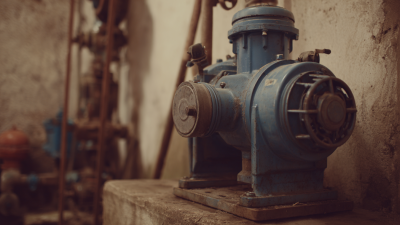
How to Choose the Right Water Well Pump for Your Home Needs
-
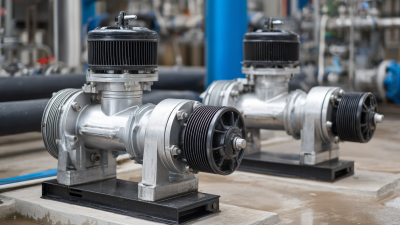
Maximizing Efficiency with Well Pressure Pumps for Sustainable Water Solutions
-

7 Best Practices to Maximize Efficiency of Your Well Pressure Pump
-
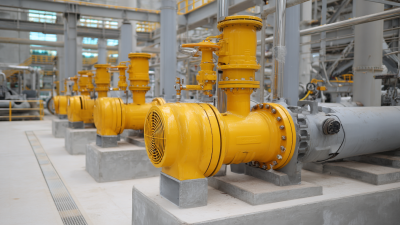
5 Essential Tips for Choosing the Right Surface Jet Pump for Your Needs
-

How to Select the Right Fracking Pump for Your Oil and Gas Operations
-

Exploring Market Trends: Ultra Jet Pumps at the 138th Canton Fair 2025 in China
